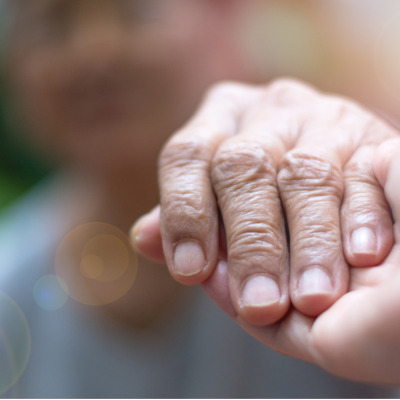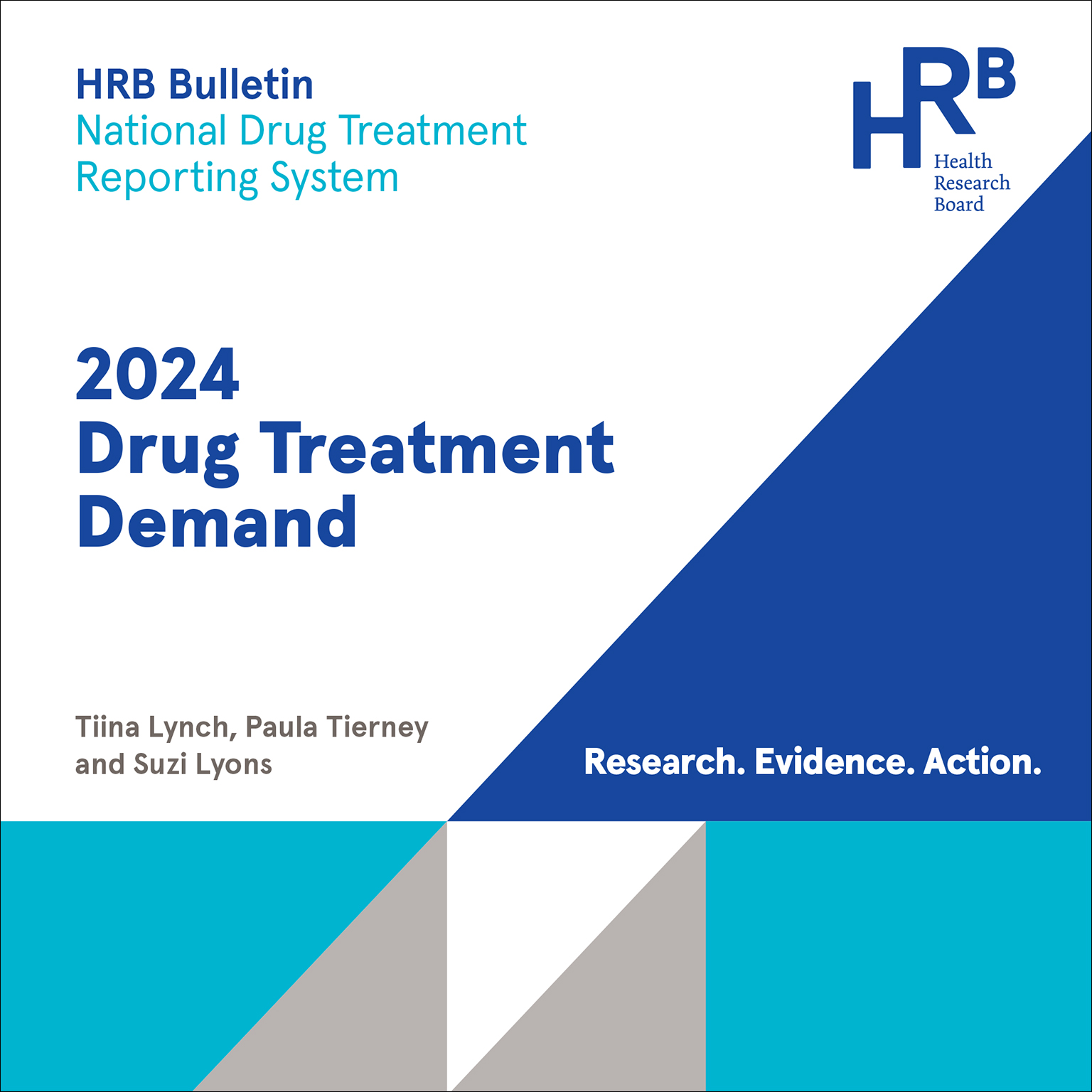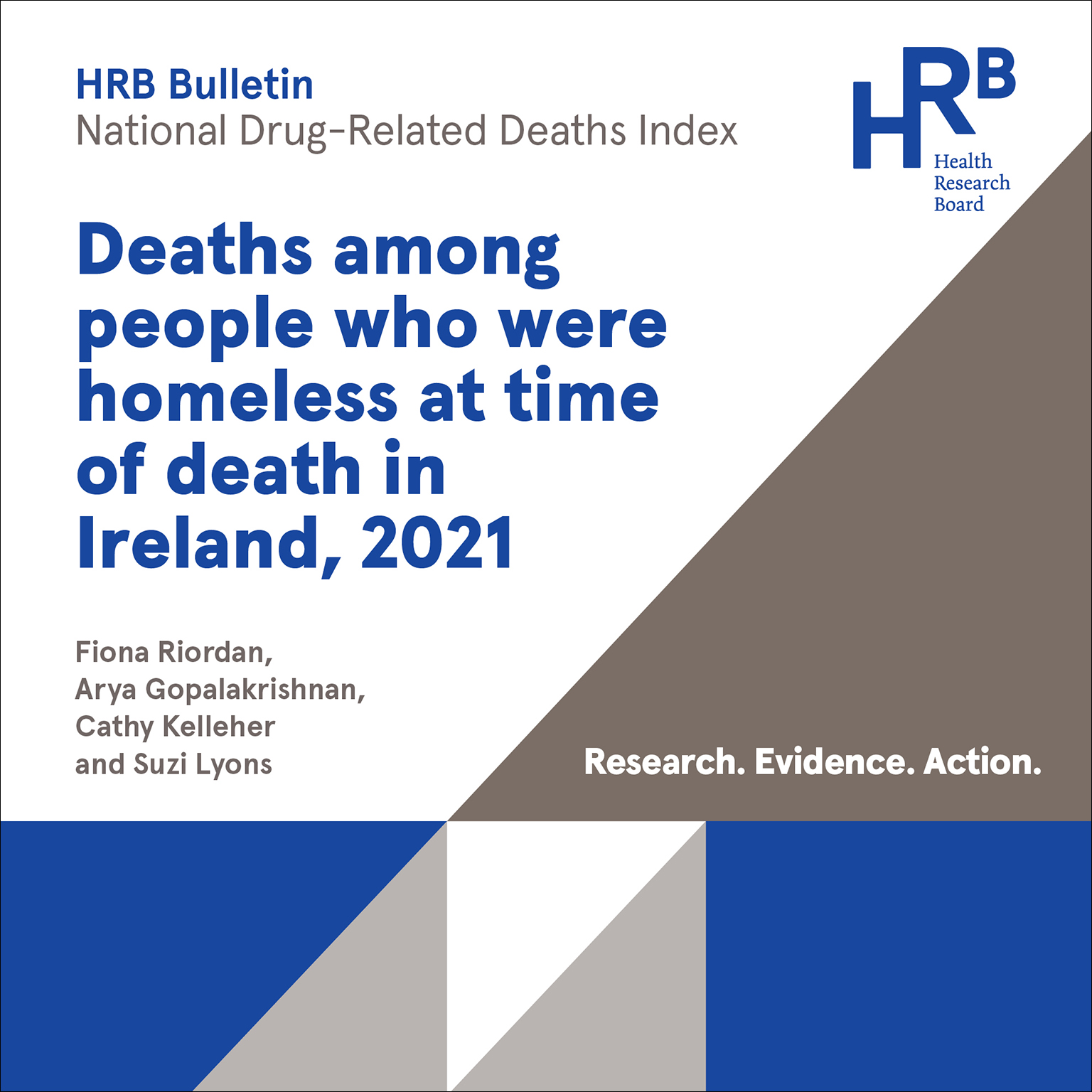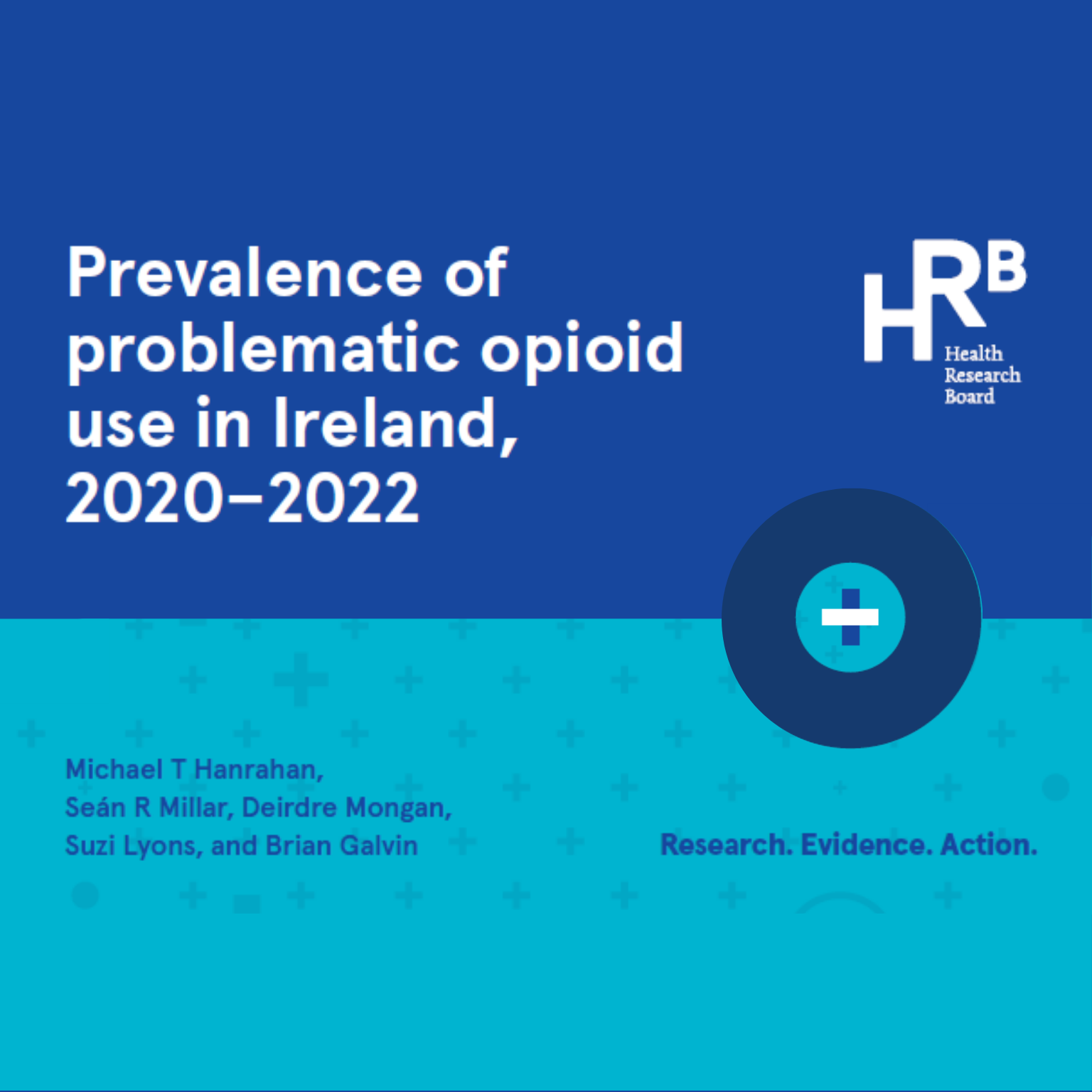Looking after our older patients
Two new HRB Applied Research Award projects will enhance care of older people in both hospital and home settings.
4 min read - 7 Nov 2019

‘Both projects support Sláintecare’s mission to deliver a health service that offers the right care, in the right place, at the right time’, says Dr Darrin Morrissey, Chief Executive at the HRB.
The ECLECTIC study will take a new approach on how to best support older people to live well within their homes.
Dr Deirdre O’Donnell, the Principal Investigator on the project and a researcher at University College Dublin, takes up the story.
‘Older people are best supported to live at home by inter-professional care teams which work collaboratively to manage their care. Usually one leader has overall responsibility for all the work of the team. The study will investigate if the concept of ‘collective leadership’ might help multi-disciplinary healthcare professionals to better manage older people in their communities. Rather than thinking of teams as having one leader who has responsibility for all the work of the team, ‘collective leadership’ shares leadership roles among the team and promotes strong collaborative working.
This project is a partnership between Health Systems researchers in University College Dublin (UCD) and the National Clinical Programme for Older People (NCPOP).
John Brennan, Chair of Inter-professional Interest Group, Older Persons Programme, Health Service Executive, says,
‘Collective Leadership aids multi-disciplinary healthcare professionals to work together as a team to manage the care of older people in their communities. This project has a number of objectives. It will describe the features of inter-professional teams that work well together; evaluate several Collective Leadership interventions; and provide guidance as to how collaborative inter-professional working can be achieved and sustained by all health and social care teams working with older people in their communities’.
Dr Diarmuid O’ Shea, Older Persons Programme, HSE adds,
‘The more we can do to empower older people to continue to live their lives as independently as possible in their own homes and communities the better. This partnership between the HSE Older Persons Programme (NCPOP) and UCD Health systems will enable us to build on the growing numbers of health care professionals who are developing their skills and professional credentials to support the work across the spectrum of care that older people may need to access in order to age well as they live at home. This study will inform the blueprint that will drive the collaborative interdisciplinary cross community health care working that is needed to make this vision a success’.
The second funded project will look at older people’s care in acute hospital settings. The ‘Frailty Care Bundle’ will be a co-design endeavour, where older adults, nursing staff and a multidisciplinary team will create a bundle of essential care that promotes nutrition, early mobilisation and cognitive engagement for older patients during hospitalisation.
‘The Frailty Care Bundle project will look at how to get patients back to their pre-admission functional capability so they can return home and their previous levels of independence’, notes Darrin Morrissey.
According to Professor Corina Naughton, the Principal Investigator on this award, from the School of Nursing and Midwifery, University College Cork,
‘Older people admitted to hospital are at high risk of functional and cognitive (memory) decline. This then has a negative impact on their ability to be discharged home. People living with frailty are at highest risk.
‘This project sees older people and their families as partners and active participants in their recover, working with nursing staff and the wider multidisciplinary teams we want to create ward cultures that prioritise fundamental care.
‘Maintaining mobility, increasing nutrition intake, especially protein and other micro-nutrients, helps build muscle strength and boost immunity, and are vital parts of the hospital care experience that are required to get people well and back in to their homes’.
Professor Bridie O’Sullivan, Chief Director of Nursing/Midwifery, South/South West Hospital Group, adds,
‘There is strong evidence that ward cultures that consistently deliver high standards in nutrition, mobilisation and patient cognitive engagement prevents decline and reduces risks of hospital adverse events’.
‘All of the partners in this project want to optimise care for their patients and prevent hospital associated decline in their health and wellbeing’, says Dr Ruth Lernihan, Director of Nursing, South Infirmary Victoria University Hospital.
These are two of six new Applied Partnership Award projects that the HRB is supporting. The Applied Partnership Awards are designed to bring knowledge users and academic researchers together to develop research projects that address a specific and short-term need within the Irish health or social care system.
4 min read - 7 Nov 2019



